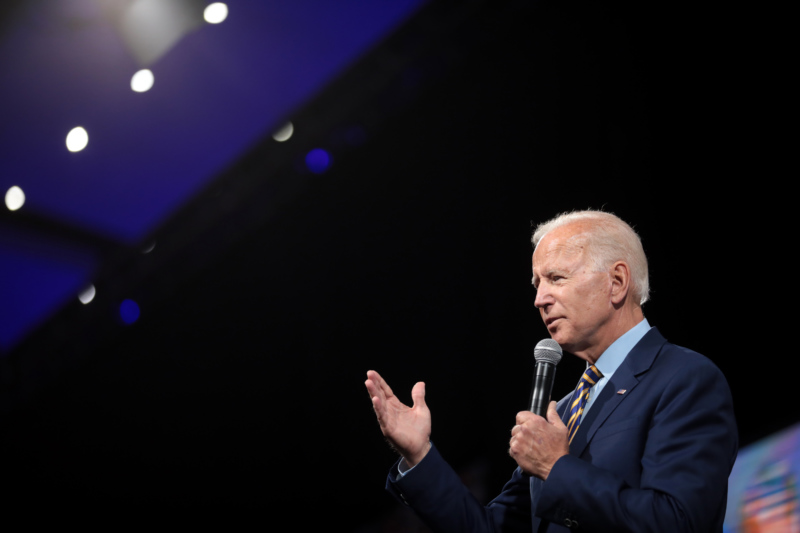The Politics Of Disaster Relief
After a 7.0 magnitude earthquake struck Haiti, the aftershock reached China in ways that few anticipated.The earthquake forced Chinese leaders to navigate the tricky politics of disaster relief.
This post is also available in: Español
Joe Biden has made clear that he will put climate change at the center of his domestic and foreign policy in a way that no previous president has. As a candidate, he proposed the most ambitious climate plan for any government in history, promising net zero emissions by 2050. As president-elect, he named former Secretary of State John Kerry as a cabinet-level official to manage climate change.
It will be important for the United States to coordinate on climate change globally, from fast-growing emitters in Asia to resolute partners in Europe. But Latin America is perhaps the best region for the incoming administration to start building alliances. Mr. Biden already knows the region well and understands how to work with countries there to address hurdles, particularly in energy production, to reducing emissions.
In 2014, when he was vice president, Mr. Biden introduced the Caribbean Energy Security Initiative, a program that sought to bolster energy security and sustainable economic growth by improving governance, increasing access to finance and strengthening donor coordination, as well as an ambitious program for energy-related assistance for Central America, to help those countries provide clean and affordable energy. At a conference in 2016, he highlighted United States support for geothermal plants in Nevis and St. Vincent and the Grenadines and for regional electricity interconnection in Central America.
[...]
After a 7.0 magnitude earthquake struck Haiti, the aftershock reached China in ways that few anticipated.The earthquake forced Chinese leaders to navigate the tricky politics of disaster relief.
What should we expect from a newly powerful Brazil? Does the country have the capacity and leadership to be a central actor in addressing critical global and regional problems?
President Lula da Silva triumphantly announced that he and his Turkish counterpart had persuaded Iran to shift a major part of its uranium enrichment program overseas—an objective that had previously eluded the US and other world powers. Washington, however, was not applauding.
 Gage Skidmore / Flickr / CC BY-SA 2.0
Gage Skidmore / Flickr / CC BY-SA 2.0